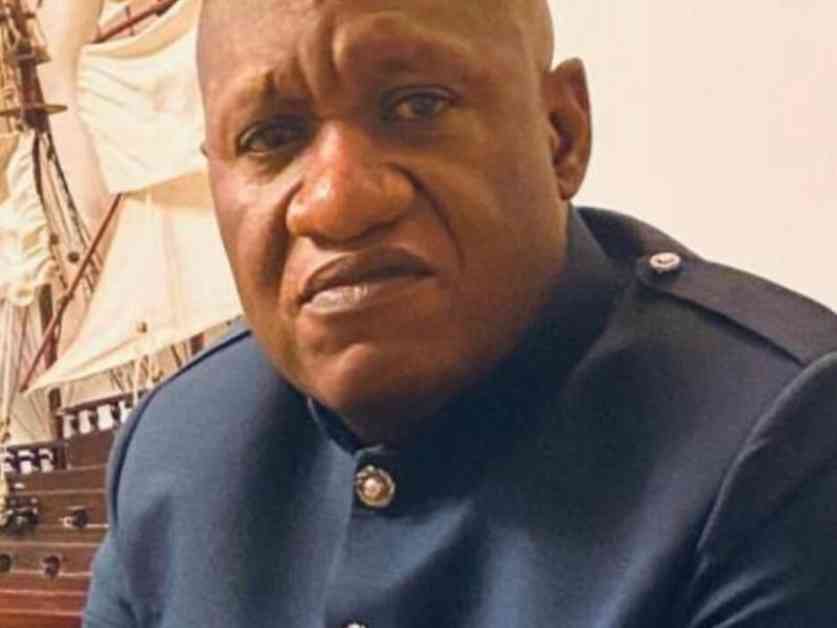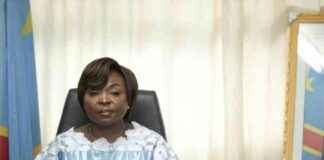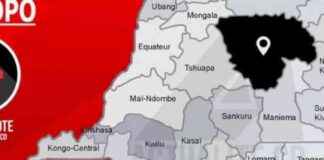Contestation de l’IGF sur le retrait de l’ODEP: Dissensions internes dans la gestion – Analyse complète
In a recent exclusive interview granted to ACTUALITE.CD on Tuesday, January 7th, 2025, a high-ranking official from the General Inspectorate of Finances (IGF) refuted the arguments put forth by the Observatory of Public Spending (ODEP) to justify its withdrawal from the partnership between the IGF and 13 civil society organizations to collectively combat corruption. The source revealed that the real reason behind the withdrawal was internal disagreements within this alliance regarding financial and administrative management.
### Internal Disagreements Surface
The source explained that the ODEP, which played the role of spokesperson for civil society in this partnership, disapproved of the presidency held by the African Association for Human Rights (ASADHO). Consequently, the ODEP had approached the IGF to request a restoration of order within the leadership. While the IGF had planned to resolve the situation in January, they were taken aback by the sudden announcement of the withdrawal.
“We were surprised to learn that the ODEP had escalated the situation by informing us of their departure from the organization due to mismanagement of the partnership by ASADHO. We, at the IGF, regret this because we must work in synergy,” the source stated.
### Clarifying Misconceptions
Addressing the ODEP’s claim of the IGF bowing to pressure from President Félix Tshisekedi’s associates and subsequently discontinuing the financial patrol, the IGF rebuffed this allegation. They clarified that while the financial patrol had been temporarily suspended in some state-owned enterprises to assess its effectiveness, it had never been abolished.
“This is false because the public spending chain has been under financial patrol for three years now. It continues till this day. There can be no payments within the spending chain without prior oversight and evaluation by the IGF in collaboration with the Ministry of Finance. At the customs, you cannot benefit from exemptions without the IGF’s examination or approval. We are still present in certain public enterprises like Foner, FPI, and the subcontracting regulatory authority with the financial patrol, which we reinstated two months ago. We will be deploying again in January,” the IGF emphasized.
### Strength in Collaboration
Furthermore, the IGF asserted that the establishment of the Department of Economic and Financial Intelligence (DIEF) within the National Intelligence Agency (ANR) did not weaken their position, contrary to ODEP’s claims.
“Why should we be concerned when we do not have exclusive control over public finances in the DRC? We carry out financial oversight alongside the Court of Auditors, Cenaref, and APLC, who have never lodged complaints. Why should the IGF view this department’s arrival as an encroachment on our responsibilities when we do not have sole jurisdiction?” the source questioned.
The IGF viewed the creation of this department as a reinforcement of public financial control and emphasized their collaborative efforts with them for enhanced technical capabilities.
### Commitment to the Cause
The IGF made it clear that they abstain from current political debates, such as constitutional changes, as their mandate revolves around financial oversight and anti-corruption measures. Directly under the authority of the head of state, they are committed to supporting all endeavors aimed at combating corruption in the country.
The partnership between the IGF and civil society organizations aligns with the recommendations of the United Nations Convention against Corruption, emphasizing the involvement of civil society in anti-corruption efforts for effective collaboration. This partnership allows civil society organizations, through their citizen oversight, to extend beyond governmental structures in the fight against corruption.
With a commitment to transparency, accountability, and effective governance, the IGF remains steadfast in its mission to combat corruption and uphold financial integrity in the Democratic Republic of Congo.
—
As I sat down with the IGF officials to discuss the recent developments surrounding the ODEP partnership, I couldn’t help but be struck by the dedication and passion they exhibited for their work. Despite facing challenges and external pressures, their unwavering commitment to upholding financial integrity and combating corruption shone through in every word they spoke. It was a poignant reminder of the crucial role institutions like the IGF play in safeguarding the public interest and ensuring accountability in governance. Their tireless efforts serve as a beacon of hope in the fight against corruption, inspiring us all to remain vigilant and engaged in the pursuit of a more transparent and just society.

















